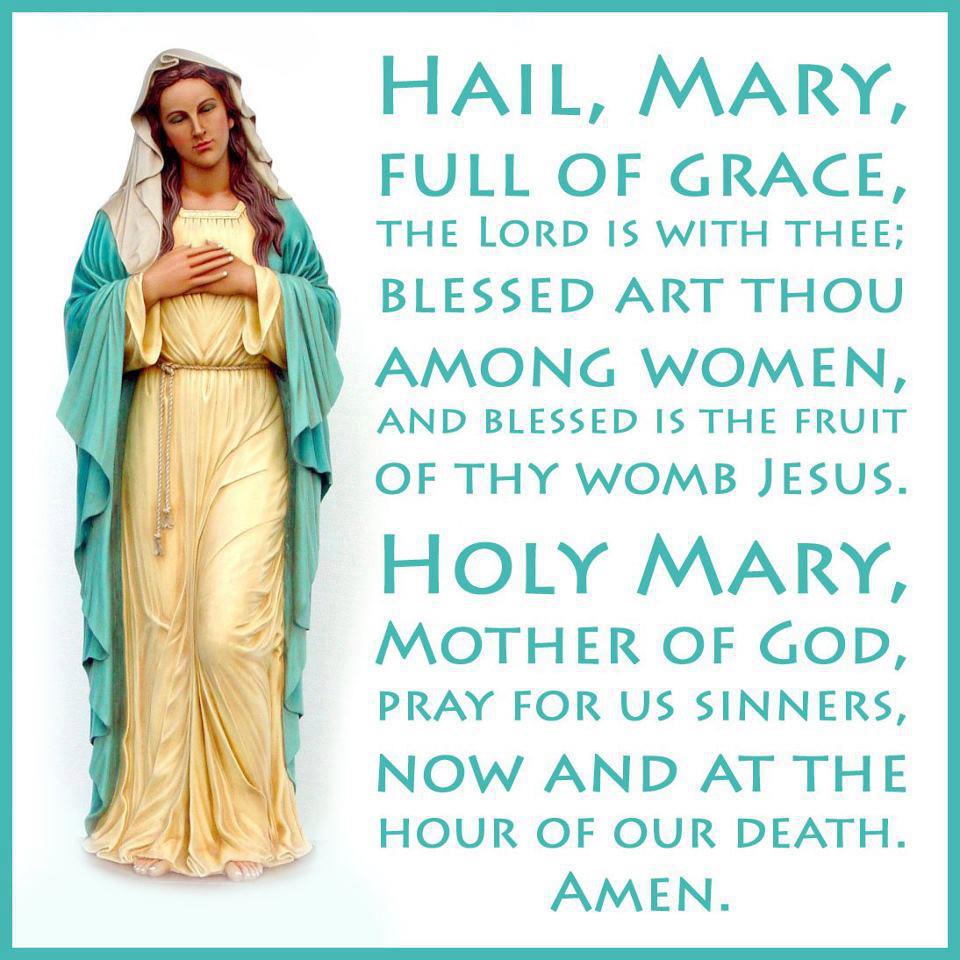The concept of “last rites” is more of a traditional practice in certain Christian denominations, particularly within the Catholic Church, rather than a specific Biblical ritual. It involves prayers and sacraments given to individuals who are believed to be nearing the end of their earthly journey, to prepare their souls for eternity. This may include Confession (Penance), Anointing of the Sick, and the Eucharist (as Viaticum).
The Bible itself does not explicitly mention a “last rites prayer,” but it does offer many passages that speak to God’s mercy, forgiveness, the hope of eternal life, and comfort in times of suffering. One such comforting passage can be found in Psalm 23:
“The Lord is my shepherd; I shall not want. He maketh me to lie down in green pastures: he leadeth me beside the still waters. He restoreth my soul: he leadeth me in the paths of righteousness for his name’s sake. Yea, though I walk through the valley of the shadow of death, I will fear no evil: for thou art with me; thy rod and thy staff they comfort me.”
For those seeking comfort and assurance from the Scriptures at the end of life’s journey, the promises found within the Bible offer profound hope and peace. God’s presence, love, and the promise of eternal life with Him through faith in Jesus Christ are central themes that can bring comfort to believers facing their final moments on earth.
While the concept of sacraments specifically belongs to Christian tradition and is not directly detailed in the Bible, the practices involved in what many denominations refer to as “last rites” can be linked to biblical principles of forgiveness, healing, and communion with God. In particular, the Catholic Church recognizes several sacraments as part of the last rites for those who are dying, aiming to prepare their souls for the next life. These include:
- Penance (Confession): In James 5:16, the Bible encourages believers to “confess your sins to each other and pray for each other so that you may be healed.” This principle underlies the sacrament of Penance, where individuals confess their sins and receive absolution, aiming for spiritual healing and reconciliation with God.
- Anointing of the Sick: James 5:14-15 says, “Is anyone among you sick? Let them call the elders of the church to pray over them and anoint them with oil in the name of the Lord. And the prayer offered in faith will make the sick person well; the Lord will raise them up. If they have sinned, they will be forgiven.” This passage is the foundation for the Anointing of the Sick, which provides spiritual and sometimes physical healing, offering grace to face illness and preparation for passing into eternal life.
- Eucharist (Viaticum): The Eucharist, or Communion, is rooted in Jesus’ Last Supper with His disciples, as detailed in the Gospels (e.g., Matthew 26:26-28, Mark 14:22-24, Luke 22:19-20). During the Last Supper, Jesus broke bread and shared wine with His disciples, instructing them to do this in remembrance of Him, symbolizing the new covenant through His blood shed for the forgiveness of sins. For those nearing death, receiving the Eucharist serves as “Viaticum,” which means “provision for the journey,” offering spiritual nourishment and union with Christ as they prepare to enter eternal life.
These sacraments are seen as means of grace that help prepare the faithful for their journey from this life into the next, offering comfort, forgiveness, and assurance of God’s eternal presence.
In the context of the Anointing of the Sick, the specific prayers and rites can vary by denomination and even by individual pastoral practice. However, the essence of the sacrament focuses on healing, comfort, forgiveness, and the spiritual strength to endure illness and suffering. While the Bible does not provide a specific liturgy for this sacrament, the practice is founded on biblical principles, particularly from James 5:14-15, which encourages the anointing of the sick with oil by the elders of the church, accompanied by prayer.
In many Christian traditions, especially within the Catholic Church, the prayer said during the Anointing of the Sick might involve invoking the Holy Spirit’s presence and asking for the grace of healing and strength. The priest may say a prayer similar in intent to the following (though the exact words can vary):
“Through this holy anointing may the Lord in his love and mercy help you with the grace of the Holy Spirit. May the Lord who frees you from sin save you and raise you up.”
This prayer is said while the priest anoints the person with oil, usually on the forehead and hands. The oil used is often blessed specifically for this sacrament, symbolizing healing, strengthening, and the presence of the Holy Spirit.
The sacrament is a profound moment of encountering God’s grace, aimed at providing the sick person with spiritual aid and comfort in their suffering, the forgiveness of sins, and, if it is God’s will, physical healing or the grace to bear their afflictions with dignity, uniting their sufferings with those of Christ.





Leave a Reply